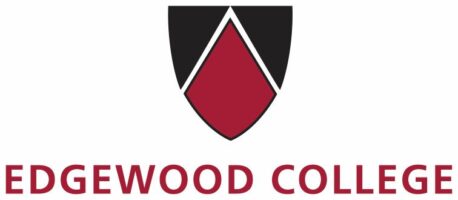Career Chat: Picking job skills that help you stand out


In last week’s comments, we met several budding IT professionals and data analysts; career changers and career starters; bona fide leaders and go-getters. We dropped some resources in the replies, but know that we have a wealth of information on our website, Coursera.org. In the search bar on the top of the page, you can type in any topic on your mind and you’ll see suggestions for courses, popular searches, and articles. If you’re looking for ideas on career paths or skills to learn, you can also explore our full library of articles by visiting Coursera.org/articles.
Of course, we’re also thrilled to keep the conversation going here and always welcome your questions in the comment section. So let’s get to it.
As promised, this week, we’re talking about job skills.
Now that you know your goal, you’re in a good position to start filling in the details of what it would look like to live your goal. Do some research to concretely understand the types of daily tasks associated with your next step.
You can find a lot of this information online. Read job descriptions for open roles with your future title and check job databases, like the US Bureau of Labor Statistics. Make a list of the responsibilities and requirements frequently mentioned.
Using this list, you’ll be able to identify the key job skills you’ll want to highlight when applying for a role. Job skills can be:
- Technical skills, or “hard” skills, which describe the things you do, such as building websites using JavaScript
- Workplace skills, or “soft” skills, which describe how you do those things, such as independently, with a team, or on a tight deadline
You’ve probably already demonstrated several of these skills through your past experience. If you are changing careers or applying for your first job, remember that you’re free to interpret “experience” liberally. There is space on your resume to discuss all kinds of experiences, whether they arrived in a formal work setting, a classroom, through volunteer work, or even a personal project.
This list will also strongly hint at the resume keywords you’ll want to pay attention to as you write your resume. Resume keywords are bits of language that recruiters and applicant tracking systems (ATS) look for to signal that a candidate has the skills they’re seeking.
Quick hint: If you find yourself applying for job after job and not getting any responses, you may be missing some crucial resume keywords. In general, ATS can be programmed to reject resumes that are missing specific keywords or only mention a certain percentage of their keywords, so these can be pretty important if you are applying for jobs online. For more on this, check out our guide to navigating ATS.
Next week, we’ll use these skills and keywords to figure out the type of resume that will best showcase your expertise. See you then.
P.S. We’ve put together several career-specific skills lists that you can use to supplement your research. We tried to include all the dream jobs mentioned in the comments last week, but if we missed you, shout it out in the comments and we’ll see if we can find something to help.


